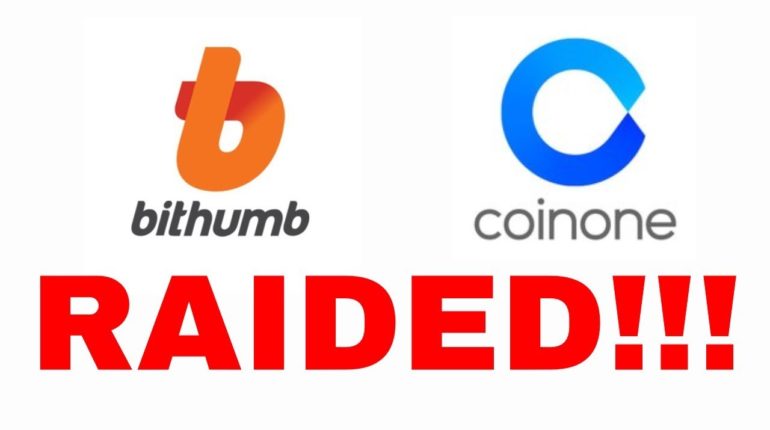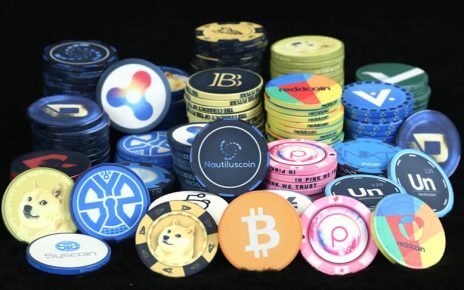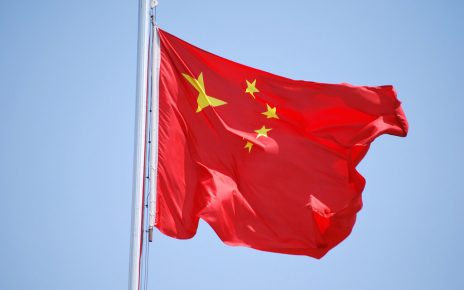A few days ago, the South Korean police raided the premises of Bithumb, the largest cryptocurrency exchange in South Korea.
According to Reuters, a representative of Bithum confirmed the exchange was raided by the tax authorities to perform a control of the documents and accounting books. Other sources say the investigators collected financial information and confiscated hard drives. This information came from an agency called YonhapNewsTV.
Moreover, the spokesman of Coinone, another South Korean cryptocurrency exchange, also confirmed their offices were also raided a few days ago.
According to the Hankyoreh, a newspaper from South Korea, Coinone was under supervision of the authorities this week and the authorities asked question about the size of the company, number of employees and capital gains from its operations.
SBS, a news agency from South Korea, says the Ministry of Justice will follow its own plan for the supervision of the cryptocurrency exchanges in the country.
The Ministry pointed out the case of a betting game called Sea Story. This game was extremely popular and it finally left more than one million deceived persons: “The Ministry of Justice thinks the crazy speculation with the digital currencies will have an impact on the national level 10 times bigger than the game Sea Story. In one or two years, the bubbles of speculation will collapse and 3.3 million persons could lose around 12 billion wons. There is no reason to doubt whether or not to regulate the cryptocurrencies.”
The Ministry assured the cryptocurrency ecosystem would be regulated very soon, in order to avoid the illegal intermediaries.
This does not come as a surprise, because the South Korean government has been announcing the regulation of the cryptocurrencies in the country for some time now. The government also said the cryptocurrency exchanges should be regulated urgently, due to concerns about the crimes related to the cryptocurrencies.
Last week, the authorities announced they would investigate all the bank accounts that appear in the exchanges to determine if their owners were involved in criminal activities or not.




